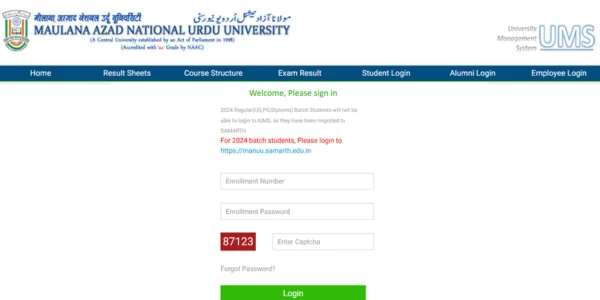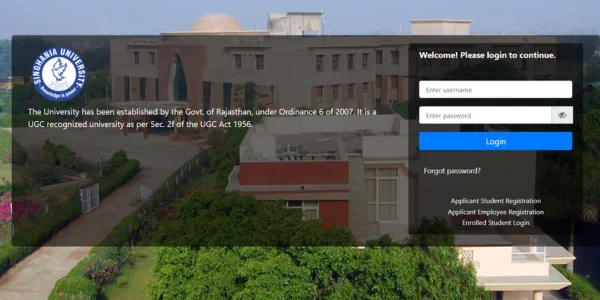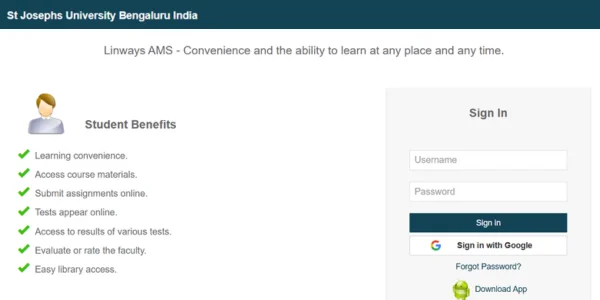PG Course full form is Postgraduate Course. It refers to higher education programs pursued after completing an undergraduate degree. These courses provide specialized knowledge and advanced skills in a particular field, enhancing career prospects and academic expertise.
Types of PG Courses
PG courses can be broadly classified into the following categories:
- Master’s Degree (MA, MSc, MCom, MBA, etc.) – These are typically 2-year programs focusing on advanced knowledge in various disciplines.
- Postgraduate Diplomas (PGDM, PGDCA, etc.) – Shorter than master’s degrees, these courses are skill-oriented and industry-specific.
- Doctoral Programs (PhD, MPhil) – These research-based programs involve in-depth study and thesis submission.
- Professional Courses (LLM, MD, MS, MTech, etc.) – These cater to specialized professional fields like law, medicine, and engineering.
Eligibility Criteria
To enroll in a PG course, candidates must have a relevant undergraduate degree from a recognized institution. Some programs also require entrance exams like CAT, GATE, NEET-PG, or UGC NET, depending on the field of study.
Benefits of Pursuing a PG Course
- Career Advancement – Enhances job opportunities and salary potential.
- Specialized Knowledge – Provides in-depth expertise in a subject.
- Research Opportunities – Essential for academic and professional growth.
- Global Recognition – Many PG qualifications are accepted internationally.
Conclusion
A PG course is a crucial step for students seeking higher education and better career prospects. Choosing the right course based on interest and industry demand can lead to professional success and academic excellence.




